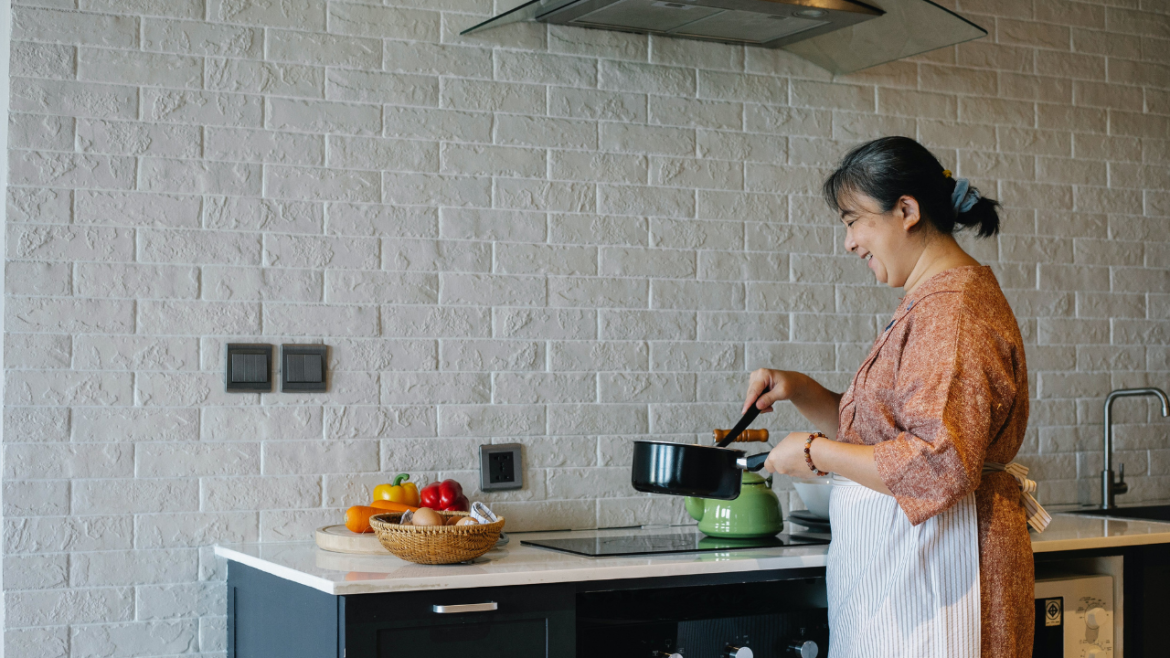Did you know that Leading Edge Senior Care has a Dementia Support Group? We meet monthly in Mesa. For more details <click here>
The Best Meal Plan For Seniors With High Blood Pressure
High blood pressure, or hypertension, is common among seniors. Diet plays a pivotal role in managing this condition and reducing associated health risks.
Diet modifications are crucial in controlling hypertension, and improving seniors’ overall health.
Embracing a Heart-Healthy Diet:
Adopting a heart-healthy diet is key for seniors with high blood pressure. This involves reducing sodium, focusing on whole grains, and lean proteins, and incorporating fruits and vegetables.
A heart-healthy diet aims to mitigate high blood pressure risks, promoting cardiovascular wellness in seniors.
Limiting Sodium Intake:
Reducing sodium is critical in managing hypertension. Seniors should aim for lower-sodium alternatives and limit processed foods high in salt content.
Lowering sodium intake aids in managing blood pressure levels, diminishing potential health complications.
Incorporating Potassium-Rich Foods:
Potassium-rich foods, such as bananas, spinach, and sweet potatoes, counterbalance sodium effects, aiding in blood pressure regulation.
Potassium helps regulate blood pressure, contributing to a balanced diet for seniors with hypertension.
Healthy Fats and Omega-3s:
Incorporating healthy fats, like those found in avocados and nuts, along with omega-3 fatty acids from fish, supports heart health and blood pressure management.
Healthy fats and omega-3s promote cardiovascular wellness, beneficial for seniors managing high blood pressure.
Portion Control and Balanced Meals:
Portion control is crucial in maintaining a balanced diet. Seniors should aim for regular, smaller meals containing a variety of nutrient-dense foods.
Balanced meals, emphasizing portion control, contribute to overall health and blood pressure regulation.
Hydration and Fluid Intake:
Adequate hydration is vital for seniors managing hypertension. Monitoring fluid intake and consuming water-rich foods support healthy blood pressure levels.
Proper hydration complements a healthy diet, aiding in blood pressure management for seniors.
Consulting with a Nutritionist:
Seeking guidance from a nutritionist or dietitian can help tailor a meal plan specific to the individual needs of seniors with high blood pressure.
Professional advice ensures a customized meal plan aligns with seniors’ health goals and dietary restrictions.
Conclusion:
A well-thought-out meal plan is pivotal for seniors managing high blood pressure. Embracing a heart-healthy diet, emphasizing nutrient-rich foods, controlling sodium intake, and seeking professional guidance contribute to effective hypertension management. Implementing these dietary changes can significantly improve seniors’ overall health and well-being, reducing the risks associated with high blood pressure.

